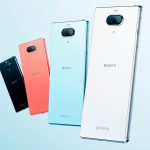South Africa’s retail forex industry is entering a decisive phase as regulation tightens and consolidation accelerates. What does it mean for brokers and traders?
3 BlackBerry phones from the 2010s you can still buy in South Africa
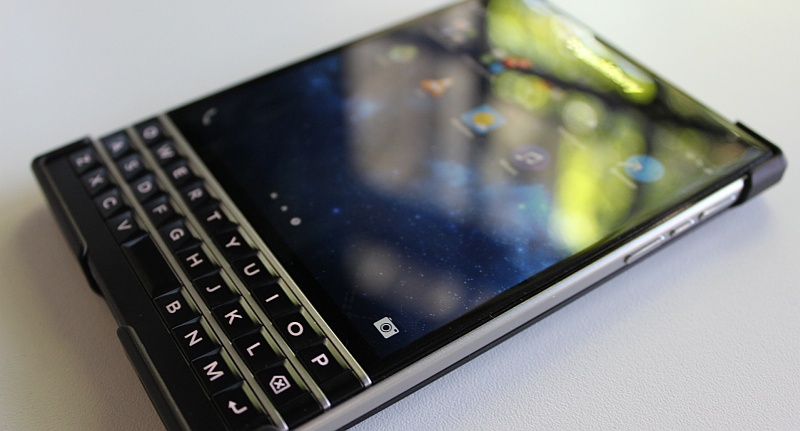
BlackBerry smartphones were once wildly popular in South Africa.
With their easy-typing Qwerty keyboards, and directional touch wheel, they revolutionised how we navigate our smartphones. But as Android devices matured, BlackBerry failed to evolve.
Now, in 2020, the maker of BlackBerry phones TCL will no longer produce them from August 2020. It’s ultimately another death knell for a company that has been surviving on scraps.
That said, if you like to live in the past, you can still purchase new BlackBerry phones in South Africa. I know, we’re surprised to discover this too.
If you’re seriously looking for a new device, pining for some nostalgia, or want to see the once great phone maker live on, you can still pick up one of the three devices listed below.
BlackBerry Priv
The Priv was one of the company’s most ambitious devices. Launched in 2016, it was its first Android phone but one that didn’t disregard its heritage.
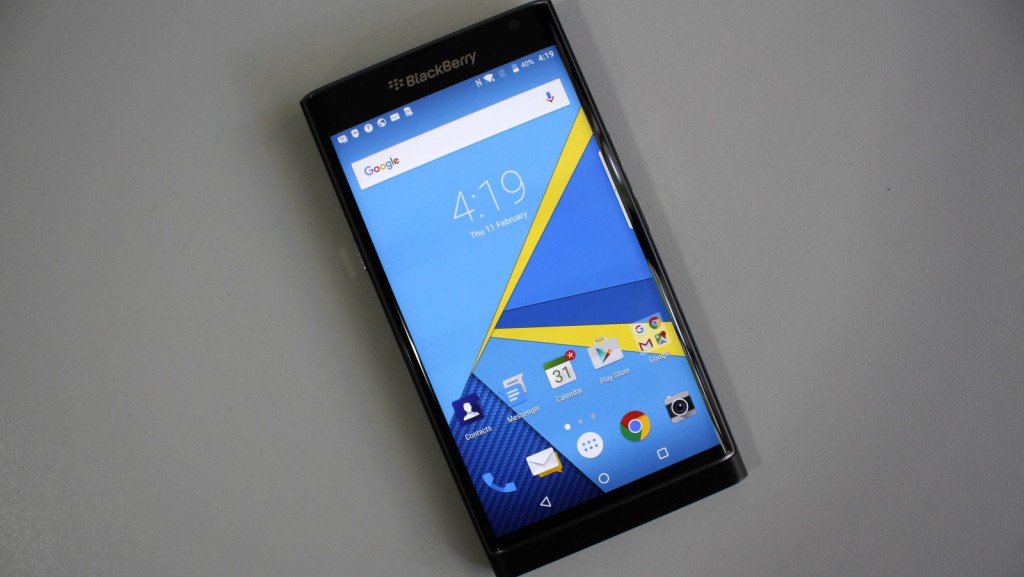
Image: Although it ran Android, the Priv was loaded with BlackBerry apps and software that really added to the experience. Unfortunately, it wouldn’t be enough. Andy Walker/Memeburn
That said, it wasn’t without fault. And with a launch price of R14 999, it was wildly overpriced for the hardware it wore.
Buyers received the largest screen device of any BlackBerry at 5.4-inches. It also sported a 2560×1440 display at a time when few other devices did (and still don’t).
Internally, it was powered by a Qualcomm Snapdragon 808 chipset — a piece of silicon that caused issues for phones like the LG G4 — and was mated to a rather ordinary 3GB of RAM and 32GB of internal storage.
It had a 3410mAh battery, a microSD card slot, an 18MP rear camera, 2MP selfie snapper, and — you were waiting for it weren’t you? — a slide-out physical keyboard.
It has also since received Android 6.0 Marshmallow.
Incredibly, you can still grab one for R5499 but don’t expect an upgrade to Pie or even Nougat any time, ever.
BlackBerry Key 2 LE
The most modern device on this list, the Key 2 LE was a refreshed version of the KEY2, a phone that no one probably remembers.
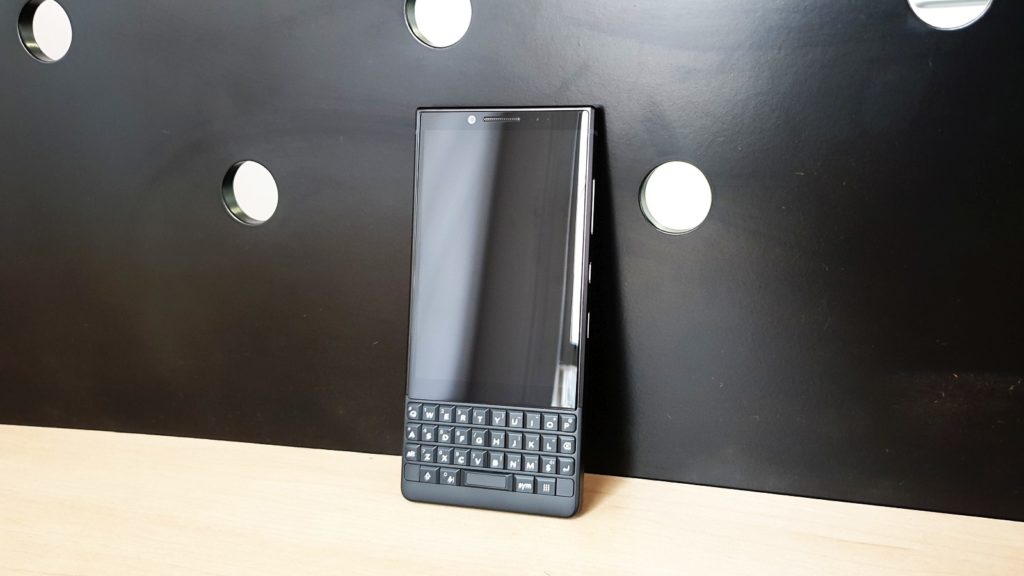
Image: the Key 2 (not the LE) was a long phone for its time. Later than decade, tall phones would become the norm, by Andy Walker/Memeburn
It sports a physical keyboard with fingerprint scanner below a 4.5-inch 1620×1080 display.
A mid-range Qualcomm Snapdragon 636 lies at its heart, alongside 64GB of internal storage and 4GB of RAM.
It runs Android 8.1 Oreo, sports a headphone jack, a 3000mAh battery and two rear cameras: a 13MP primary snapper and 5MP alongside it.
The Key 2 LE can be imported into SA for R8499, and that’s not actually too bad considering it launched at ludicrous R12 999.
BlackBerry Passport
Two years before the Priv and before Android’s domination of the smartphone market, BlackBerry revealed the Passport, a phone that deserved more praise than it received.
It was the same size and shape as a passport (hence its name), with a 4.5-inch, completely-square 1440×1440 display, a full Qwerty keyboard, and a length of just over 12cm.
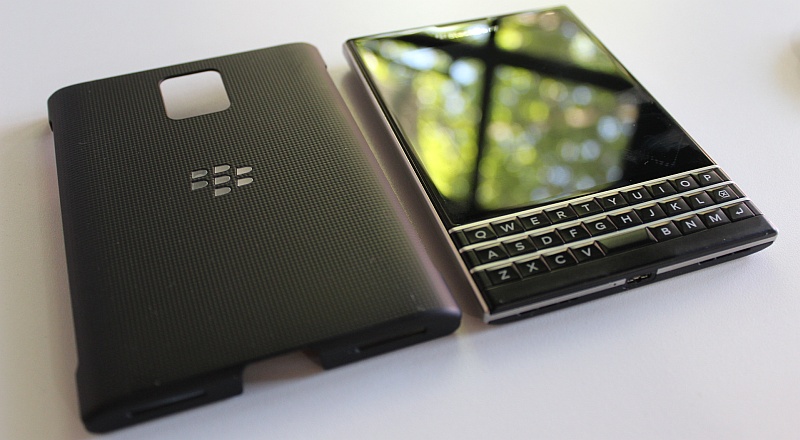
Image: the Passport’s rear removable plate resting alongside the phone itself, by Memeburn
It was a remarkable device to hold, but navigation was made easy thanks to BlackBerry OS 10.3 — the OS the company relied on prior to its adoption of Android.
Where it didn’t do so well was video playback, where two thick black bars on the top and bottom of the display marred the experience. This phone wasn’t for pleasure, only business.
Internally, it was a beast for its time too. The Qualcomm Snapdragon 801 chipset was used alongside 3GB of RAM and 32GB of storage.
Because BB OS was so light, it also breezed through menus and apps. But the lack of the latter is what ultimately led to this phone’s — and BlackBerry OS’ — death.
Still, it packed a 3410mAh battery, which at the time was decidedly larger than other flagships. A 13MP snapper was used at the back, along with a 2MP selfie camera. Selfies weren’t as important in 2014 as they are in 2020.
And if selfies still aren’t important to you, you can pick one up for around R13 000 — imported, of course.
Feature image: the BlackBerry Passport from our review in 2014, by Memeburn

